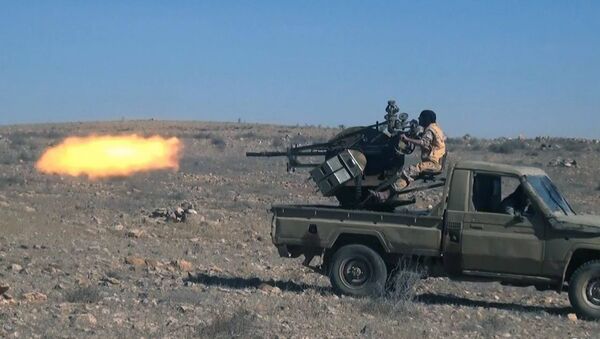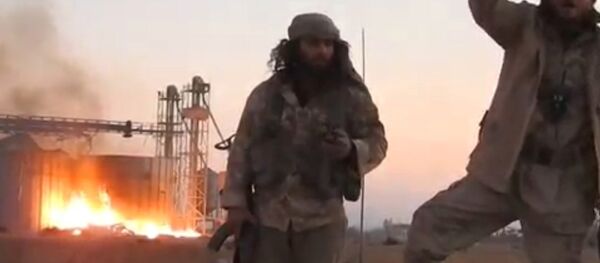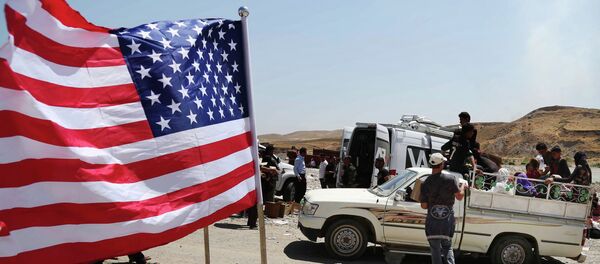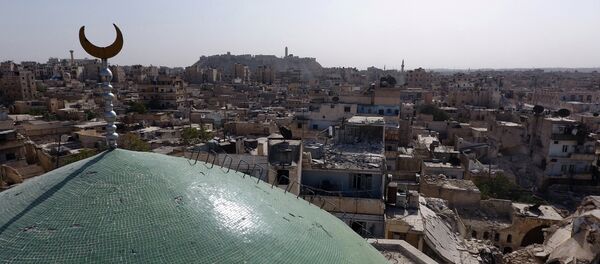The statement came after the media reported that Daesh (ISIL/ISIS) had managed to retake Palmyra, hours after they were driven back by Russia's Aerospace Forces.
The Russian Center for Syrian Reconciliation reported that more than 4,000 Daesh militants had regrouped in a bid to reclaim Palmyra, which had been liberated from the jihadists earlier this year.
"The ability of Daesh to retake Palmyra resulted from a spate of serious errors which should be thoroughly analyzed ahead of attempts by the Syrian Army to recapture Palmyra for the second time," according to the Russian online newspaper Vzglyad.
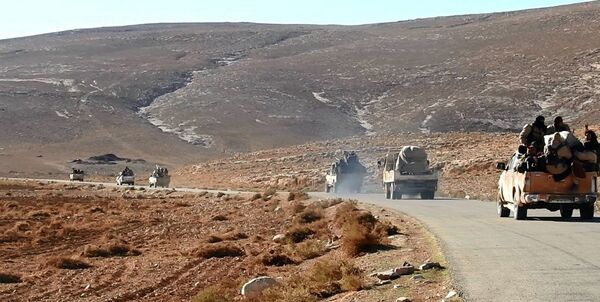
The newspaper drew attention to the fact that "the government troops still do not have a decisive advantage in terms of logistics, and it typically takes several months to gather forces on a narrow frontline."
Another mistake was paying little attention to the protection of the intersection of three strategic roads linking Palmyra to Damascus and Homs, Vzglyad said, adding that the roads in Syria "are critical for both offensive and defensive tactics."
"Air strikes alone will not resolve the problem. What the Syrian Army needs is a fundamentally new tactical decision. It may be related to increasing the fleet of transport helicopters and the creation of separate air assault groups, which could be deployed (ТЫЛ) in Daesh rear's key points," according to the newspaper.
One more mistake was the absence of duly reconnaissance information about the deployment of more than 4,000 Daesh terrorists to Palmyra, Vzglyad said, referring to drones, satellites, and clandestine intelligence which the Syrian Army surprisingly failed to use.
"As a result, Daesh terrorists managed to achieve tactical and operational surprise by staging only one night attack to resolve the entire first line of defense of the government forces," Vzglyad pointed out.
The newspaper argued that "the Syrian Army leaving Palmyra is an image-related defeat rather than a military flop."
"Of course, it will take time to restore the status quo in the face of much-anticipated Russophobia and criticism of the Assad regime. But a swift progress in the liberation of Aleppo indicates that the Syrian command will be able to find additional air assault forces, not the militia, to recapture in the foreseeable future," Vzglyad said.
On the other hand, "the latest events should have led to a review of some tactical principles and habits of the Syrian government troops and maybe a tighter operational and intelligence control by the Russian military group," the newspaper concluded.
Meanwhile, Russian presidential spokesman Dmitry Peskov said that the threat of Palmyra's loss is damaging to the entire civilized world, not only to Syria and Russia.
He also said that Russia regrets that it is currently impossible to fully neutralize the terrorists, and that events unfolding around Palmyra were yet again evidence of the Daesh threat.
The Syrian Arab Army, backed by the Russian Aerospace Forces, liberated Palmyra in March, 2016, nearly a year after it was captured by the internationally-condemned terrorist organization Daesh in May 2015.
After invading the ancient ruins and adjacent city, the militants destroyed a number of ancient objects, including a necropolis, the Arch of Triumph, as well as the temples of Baal Shamin and Bel.

